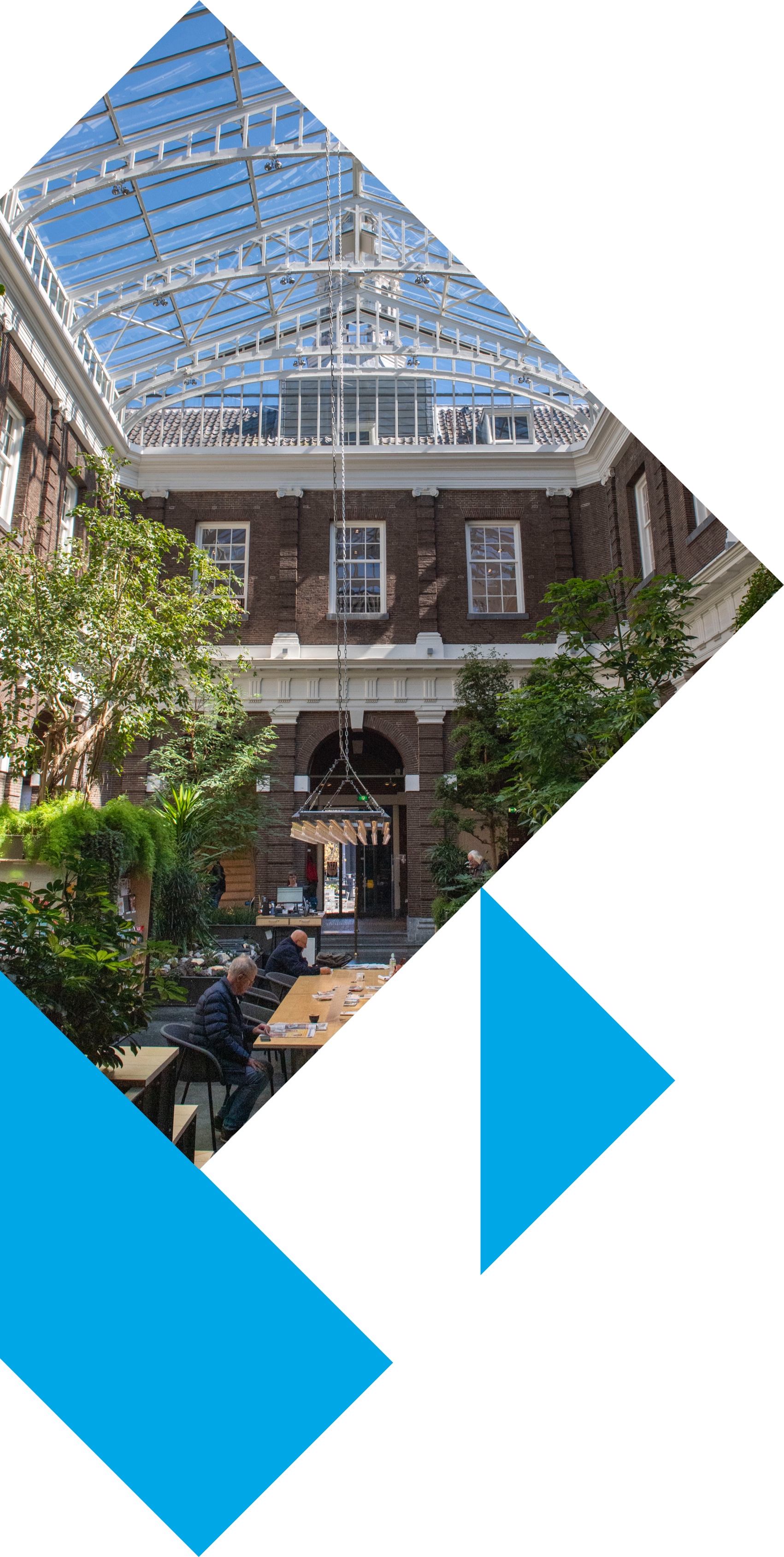
Let’s library together
let’s library for all,
One constant in a society that is continuously changing due to societal development and technological advancements is the importance of public libraries as community pillars. These welcoming spaces provide not only knowledge and information but also bring everyone together under a common umbrella of learning and growth. However, the ability of a public library to be inclusive and accessible for all society members, including those with print disabilities, is the true measure of its success as a welcoming space for all.
The IFLA Section for Libraries serving Persons with Print Disabilities (LPD) is organizing this Preconference Satellite to IFLA’s WLIC 2023 in Rotterdam, Netherlands, bringing together experts, professionals, and advocates from the global library field with the aim of exploring, sharing, and examining the progress achieved so far to ensure that public libraries are indeed for everyone.
For many years, readers with print disabilities have been limited to their special libraries to receive accessible library services. Yet, this is rapidly changing, and now all libraries, particularly public libraries, need to join the special libraries in playing that role. Thus, the conference provided a timely opportunity to discuss in-depth the pivotal role of public libraries serving persons with print disabilities.
This brings us to the first theme of the preconference, which is collaboration. To ensure the inclusivity of public libraries, they must not only work alone but also seek partnerships and collaborations with other stakeholders. Collaborative efforts between libraries serving persons with print disabilities and public libraries can make a huge impact in transforming public libraries into inclusive spaces, and we have a handful of good collaborations from different countries.
The conference aimed to provide actionable steps and best practices on how to make your library services accessible to all. With a wide range of good examples from across the globe, we see some promising initiatives from national, academic, and other types of libraries that are taking one step further in their journey to become inclusive.
Search and discoverability of accessible content are crucial checkpoints on the route for libraries heading towards inclusivity. Meeting the individual needs of our readers with print disabilities requires tailored approaches. In this topic, we raise questions and search for answers regarding the discoverability of accessible content. Is it user-friendly? How can users find information on the accessibility of the titles they are searching for, and what kind of information are they looking for? By embracing user-centric design, libraries can ensure not only the accessibility but also the discoverability of their content.
It’s become very clear from the discussions and brilliant ideas shared that libraries are embarking on an inspiring journey. Libraries are no longer repositories for books; they are changing into dynamic, vibrant spaces that foster growth, learning, and empowerment. Is it possible that one day all libraries will be inclusive and accessible for all? The conference showed us a path—a path that leads to libraries for all.
Yasmine Youssef,
IFLA LPD, Chair